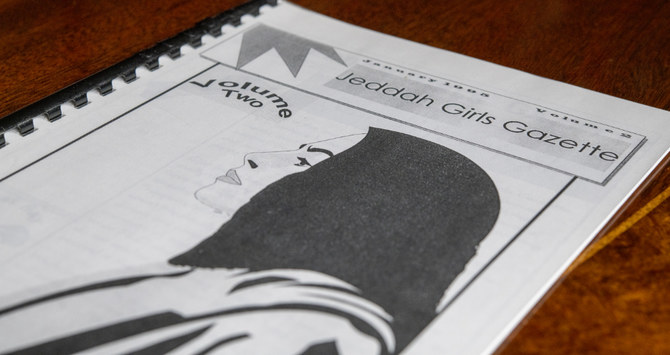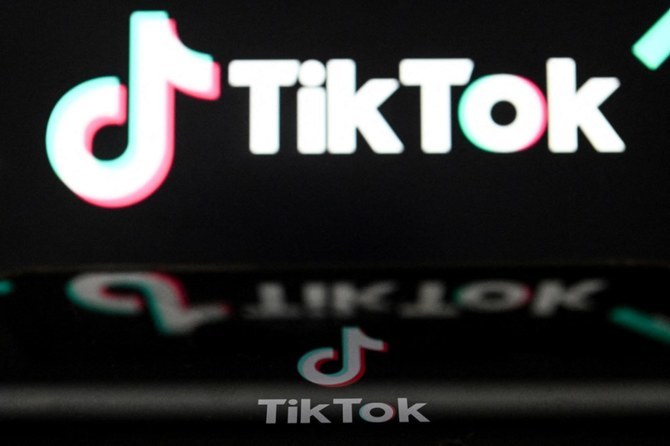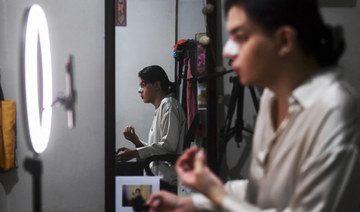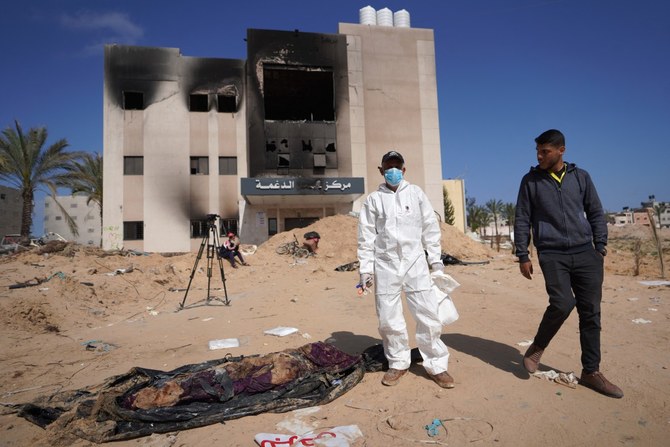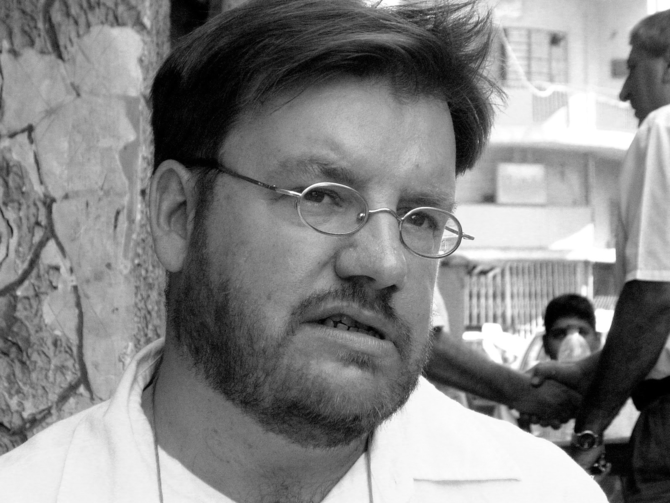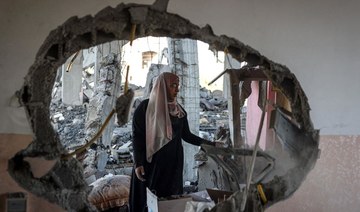JEDDAH: “Wild Female Dreams” is the title of my article as a teen editor in chief of the Jeddah Girls Gazette in 1995. Writers and contributors were dynamic high-school friends and family members. My uncle Tariq was our mentor and publisher.
It took 25 years for all my teenage dreams to come true. My first dream turned into reality on June 24, 2018, when women were allowed to drive, not just their cars but also the country’s development. It was one of the most liberating feelings I have ever experienced, simple as it may have seemed to women living outside the Kingdom.
I dreamt in my article about women in the police force, only to see in 2018-2019 women progress as far as joining security services, drug enforcement and military jobs, with possible ranks from private soldier to sergeant in the army’s branches of ground, navy and air defense.
My third dream, as simple as it may have seemed, related to the sense of modesty for women. In the 1990s, there were no women in retail, and salesmen dominated female apparel outlets. The campaign in 2008, headed by Reem Assad and aimed at replacing salesmen with women in lingerie shops, made waves and eventually victory was achieved by a royal decree in 2011.
My fourth dream was to buy tickets to attend a local match in Saudi Arabia. That came true in January 2018 when I attended the first local match in King Abdullah Aljohara Stadium between Alahli Club and Al-Batin FC. It was an ecstatic feeling with beautiful and respectful cheering crowds, eroding certain segments’ fears regarding a possible catastrophe with women attending games in stadiums.
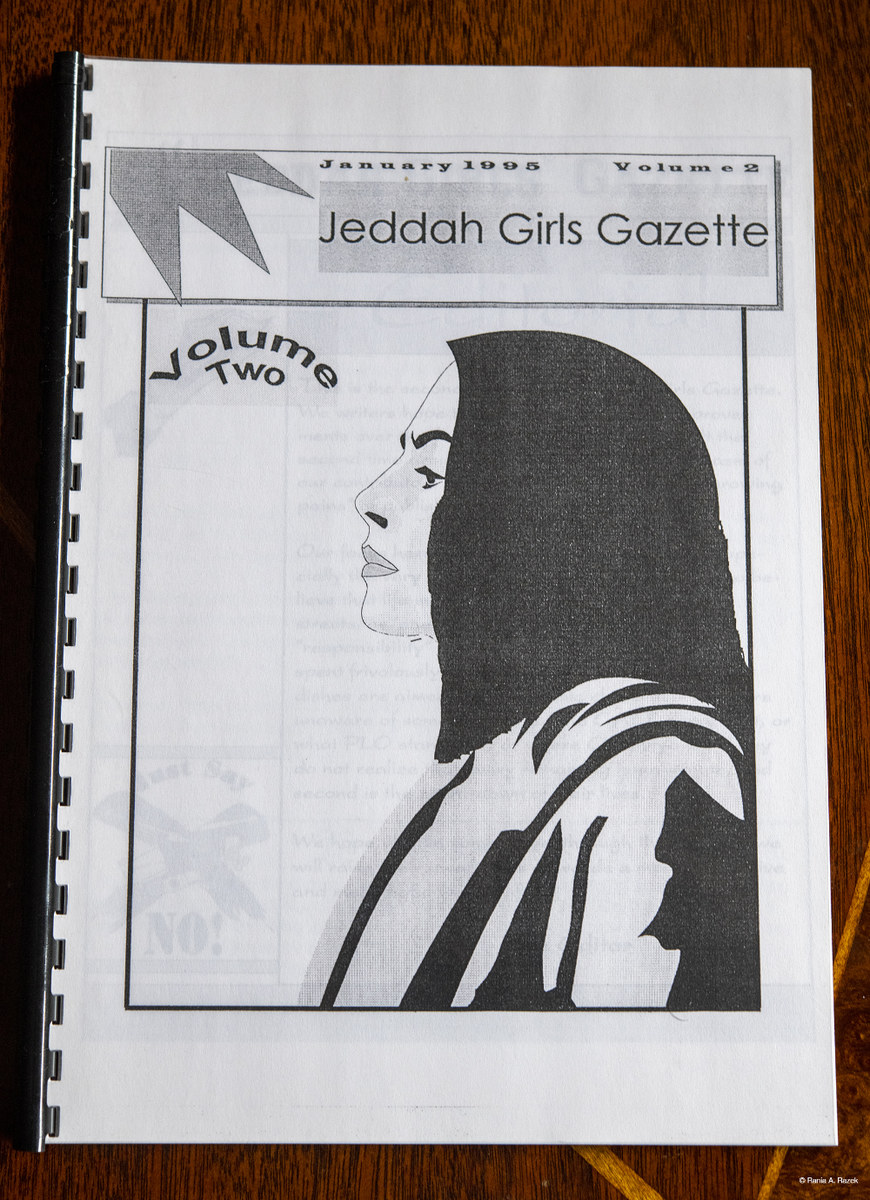
My fifth dream was to switch on the TV and watch girls play basketball. That came true in 2017 when Jeddah United women’s basketball team participated as the first local team under the Saudi Arabian Basketball Federation in the fourth Arab Club tournament in Sharjah, the UAE, and winning the tournament’s sportsmanship award.
As I reflect 25 years later on the Jeddah Girls Gazette article, I realize I had listed six dreams, of which the last long-awaited one came true in August 2019: The lifting of a travel ban for women without a male guardian. Even though the travel permit was not a personal issue, I still felt the relief for many women of all ages with various circumstances. Widows who had to get permission from their sons was an ironic example.
Twenty-five years may seem like a long time, but in the context of women’s evolution, and considering the young age of Saudi Arabia as a country united in 1932, it is considered a fast pace. I say that now since all restrictive walls have fallen.
That is not how it felt years ago, with continuous frustrations and limitations, especially as a teenager. But women have endured and struggled for decades all over the world; in Saudi Arabia, it took less than five years since the announcement of our Vision 2030 reform plan on April 25, 2016, for transformation to take place.
A famous Japanese proverb states that a vision without an action plan is a daydream, but an action plan without a vision is a nightmare. I am proud and humbled to say we have one of the most promising and empowering visions. Vision 2030 has enabled 50 percent of the population to play an active part in nation-building.
That is not to say women did not contribute prior to that. If I just look at my immediate family, my mother Samar Fatany was one of the first TV and radio presenters in the Ministry of Information in the 1970s.
During her 35 years at the ministry, she was the chief broadcaster of the English section at the Jeddah Broadcasting Station, a columnist for Arab News and the Saudi Gazette, and a participant in many local and international conferences. She also has four publications to her name, the last titled “Modernizing Saudi Arabia,” published in 2013.
Times have changed, indeed. It was only in 2013 that women joined the Shoura Council. I am honored to have joined the 2016 second term for women on the council as I strive to recommend reformist legislation and participate in a friendship committee that communicates with parliamentarians around the world.
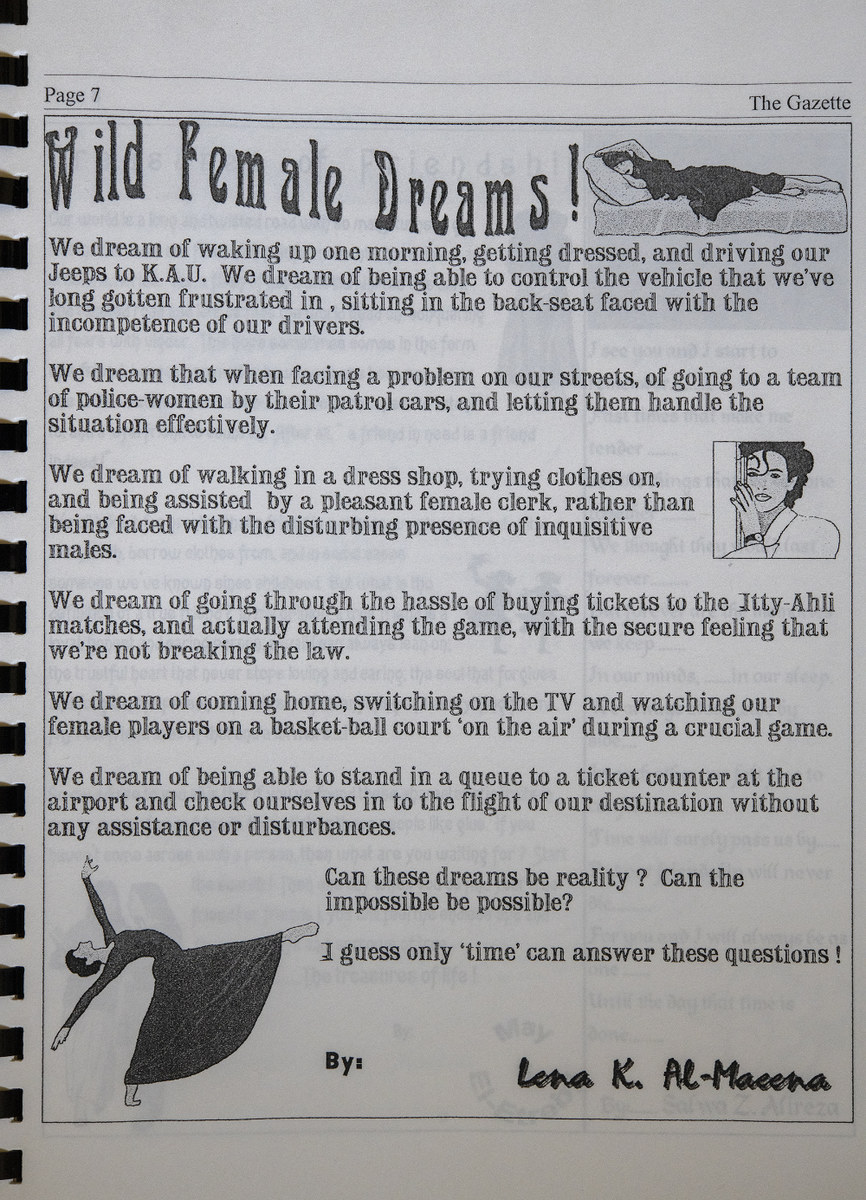
Reflecting on all my dreams, and on this occasion of the 45th anniversary of Arab News, the newspaper known as the “Green Truth” played a huge role in female empowerment. It was one of the first papers that hired women in a mixed environment. It was the only local paper that was happy to cover our first women’s street basketball tournament in 2006-2007, when all other publications politely refused.
If I were to ask myself what my dreams are today, I would say I dream of more women actively participating in decision-making in Saudi Arabia and the globe. I dream of world peace, I dream of a green planet, but above all in these times, I dream of a healthy planet, conquering COVID-19 and having treatments available for all illnesses.
As we experience the curfew, I also get to do something I was never able to do in the past. I ride my bike safely around my neighborhood before the 3 p.m. curfew and visit the mini-market next to my house.
All I can think about is the last two questions in my article “Wild Female Dreams.” Can these dreams be reality? Can the impossible be possible? The answer is a double YES. But we will need a newspaper to document this, and what better one than Arab News to do so. Happy 45th anniversary and many more anniversaries to come.
• Lina Almaeena is a member of the Shoura Council, co-founder of the Jeddah United Sports Co., and on Forbes’ list of Most Powerful Women in the Middle East. She is also a member of the Top 20 Young Leaders of the MENA (Middle East and North Africa) Region.



